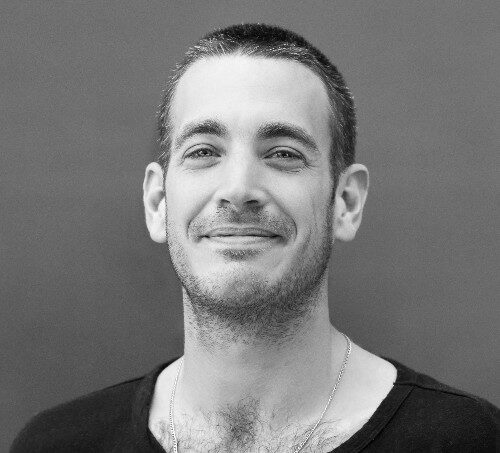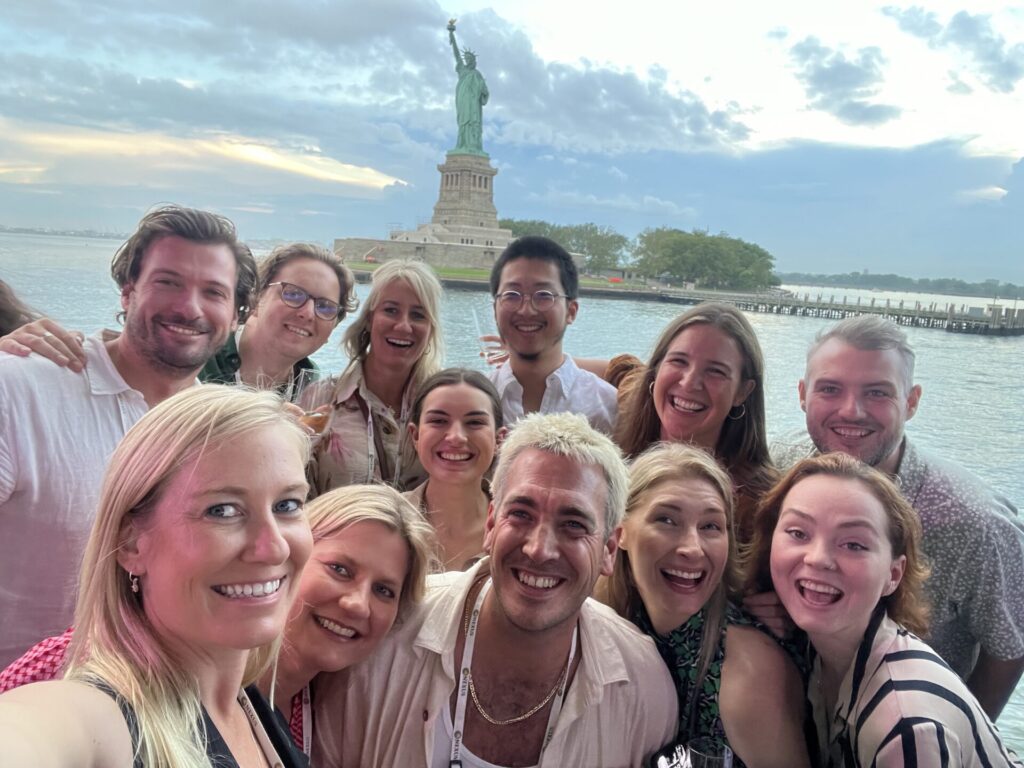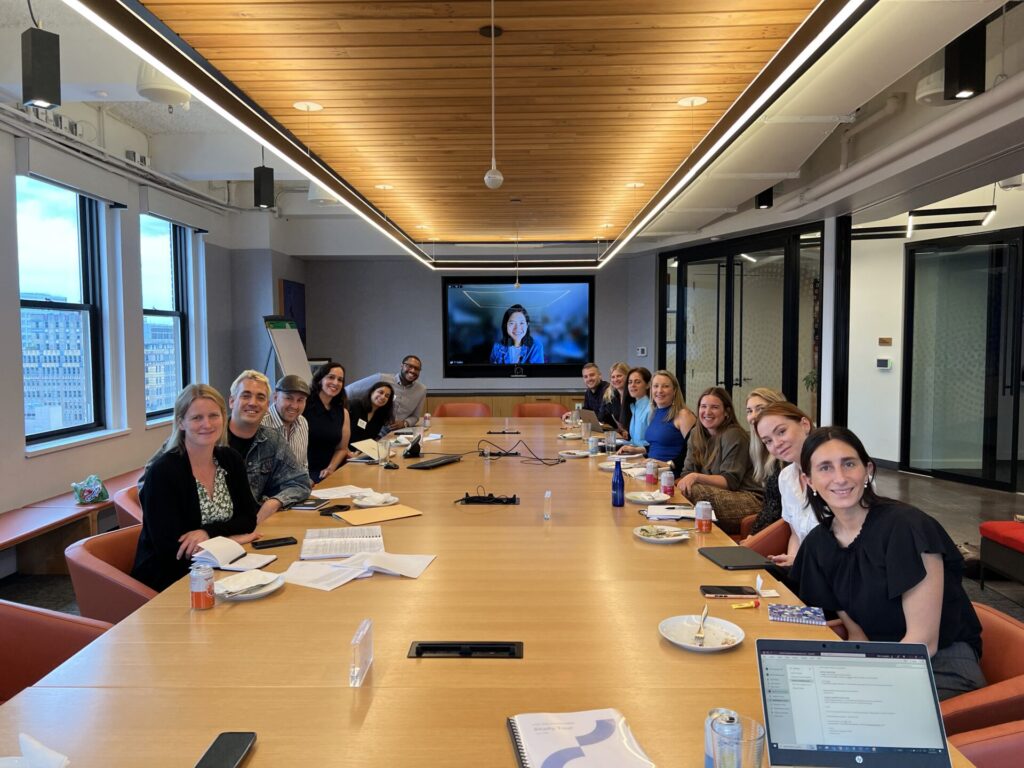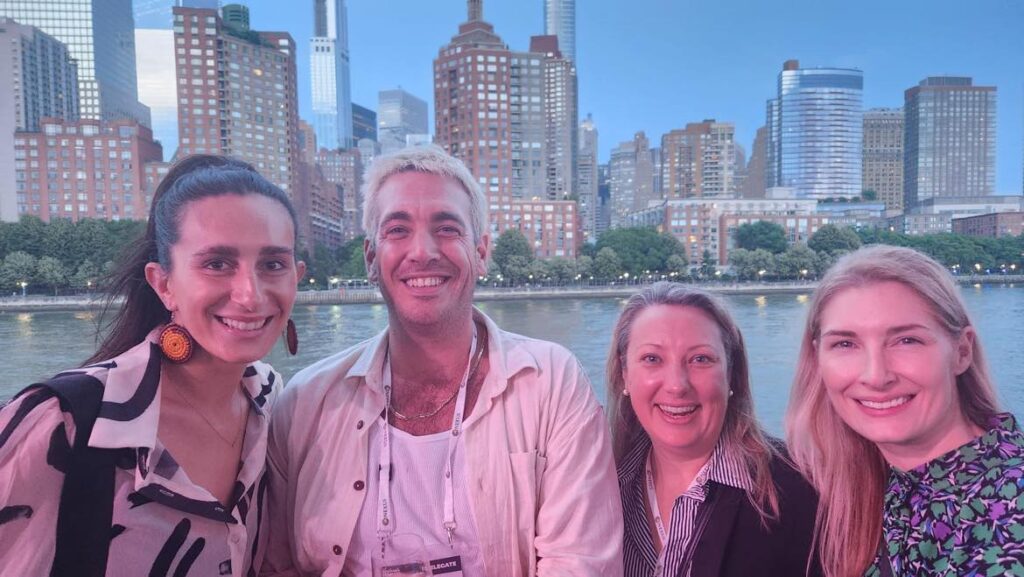
Hearts and minds were full after an absolute whirlwind tour in June 2023, visiting a dozen leading philanthropic organisations before diving headfirst into the three-day NEXUS social impact summit. I was privileged to travel among a cohort of 13 young leaders in various stages of their philanthropic journey. And to learn from and share ideas with a brilliant array of talented and dedicated people with thoughtful frameworks on better giving, tried and tested over long histories of working on the ground.
Along with trust-based philanthropy, and impact investing, another theme jumped out strongly – racial justice and philanthropy’s role in addressing social issues and historical wrongs through funding and creating systems change.
In some ways, the US could be viewed as miles ahead in terms of rhetoric and thinking around racial justice. It’s most certainly at the forefront of people’s minds, and few conversations were had without the mention of racism. But our two nations hold similar histories – painful, brutal realities that need to be acknowledged, addressed and reconciled. In these terms, it seems that as far away from reconciliation as we are, the US is still taking baby steps here too.
First off, we were welcomed to country by Dr Ben Geboe, Executive Director of American Indian Community House. He told us that his people suffered deeply from a lack of recognition. That American Indian history is taught in schools as ending in the 1800s, as though no significant figure, movement or moment has held any station in American society since then. It is as though his people, the modern nations consisting of the traditional inhabitants of these lands don’t even exist anymore – when in fact, the Haudenosaunee Confederacy is the world’s oldest continuing alliance between nations, in place since at least 600 years ago and continuing today. There is significant need in the American Indian community, and significant knowledge and wisdom that can be shared, and it seems as though America has a massive blind spot when it comes to its first dispossessed.

Two of the organisations we visited, the Ford Foundation and Surdna Foundation, stood out in that they have placed racial justice at the centre of their work, under the belief that “addressing racial inequity and power imbalances is vital to solving many of the long-term challenges communities face”. It is a captivating framework, one through which Surdna especially expresses a particular thoughtfulness in its leadership.
They articulate a vision wherein centring respect for community, culture and country leads to a vibrant, inclusive and abundant future for all.
The Surdna Foundation has five programs that tie together under this banner:
- Inclusive Economies: Forging an economy where black, indigenous and people of colour (BIPOC) are leaders, creators and innovators across sectors.
- Sustainable Environments: Following the frontlines toward environmental and climate justice, and community control of land and resources.
- Thriving Cultures: Investing in BIPOC artists, researchers and cultural leaders to build racially just communities.
- Impact Investing: Program, mission and endowment-related investments that are good for people, the planet and profits.
- Andrus Family Fund: Supporting the self-determination, power and liberation of BIPOC and Asian American and Pacific Islander youth impacted by the justice, child welfare and other disruptive systems.
Sustainable Environments is an interesting program that highlights how racial justice leads to taking care of country. In respecting the wishes of the people who inhabit lands, we naturally inherit their reverence for the natural world and how pushing for community control of land and resources leads to more biodynamic, regenerative ecosystems.

Thriving Cultures was another fascinating idea based around the power of imagination – that by tapping into the imaginative potential of artists, young people and leaders, we could find ideas to test for sweeping change. It’s based around enabling artists and others to think on a broad scale about how to change communities for the better and activating those ideas in public spaces.
I also want to highlight the work of the Andrus Family Fund regarding the abolition of youth incarceration. Their reasons were:
- “Youth incarceration and foster placement are inherently destructive practices and cannot be reformed.
- “The criminal legal system and family policing system target and disproportionately harm BIPOC children and families.
- “Community alternatives are effective in promoting safety and well-being for youth people and their families.”
- The Andrus Family Fund invests heavily to build youth and family power to dismantle harmful systems, create transformative models in communities and build infrastructure to strengthen movements. This is close to home, as the effects of ongoing systemic racism and incarceration are well known in our communities and “historical” injustices continue to this day.
Under Surdna’s model, empowering disenfranchised communities to self-determine their narrative and build their own communities has massive downstream effects in so many of the areas we all work in.
Finally, we had the privilege of speaking with Chief Perry of the Ramapo Munsee Lunaape Nation – whose unceded homelands stretch across a large portion of New York and New Jersey despite now controlling a barely 7-mile radius of their ancestral home in the Ramapo mountains. He invited us to a prayer ceremony at their recently returned sacred site Tahetaweew, which was part of a global effort of a number of indigenous nations to promote an energetic shift towards peace and harmony in nature.

On a trip like this, one can see how the flow of cultural knowledge between countries and cultures affects one another. We learn from them, and they learn from us and so it goes. It makes one wonder how we might thrive as a culture if we are serious about centring indigenous ways of knowing and being, and respect for country. If we truly make run at truth telling and reconciliation. And how showing leadership in racial and social justice might act as a beacon for others to do the same.
And what would our world look like if it was like this everywhere?
Read previous articles in the series on giving circles and knowledge sharing in family organisations and trust-based philanthropy.
To continue our learning, New Gen Network members are invited to join us for an event focused on lessons in progressive philanthropy and impact investing from the study tour, where we will hear from New York City-based expert Antony Bugg-Levine.
New Gen Network: Global Lessons in Progressive Philanthropy and Impact Investing
Thursday 10 August, 10.30am | Hybrid: Sydney and Zoom (Register here)